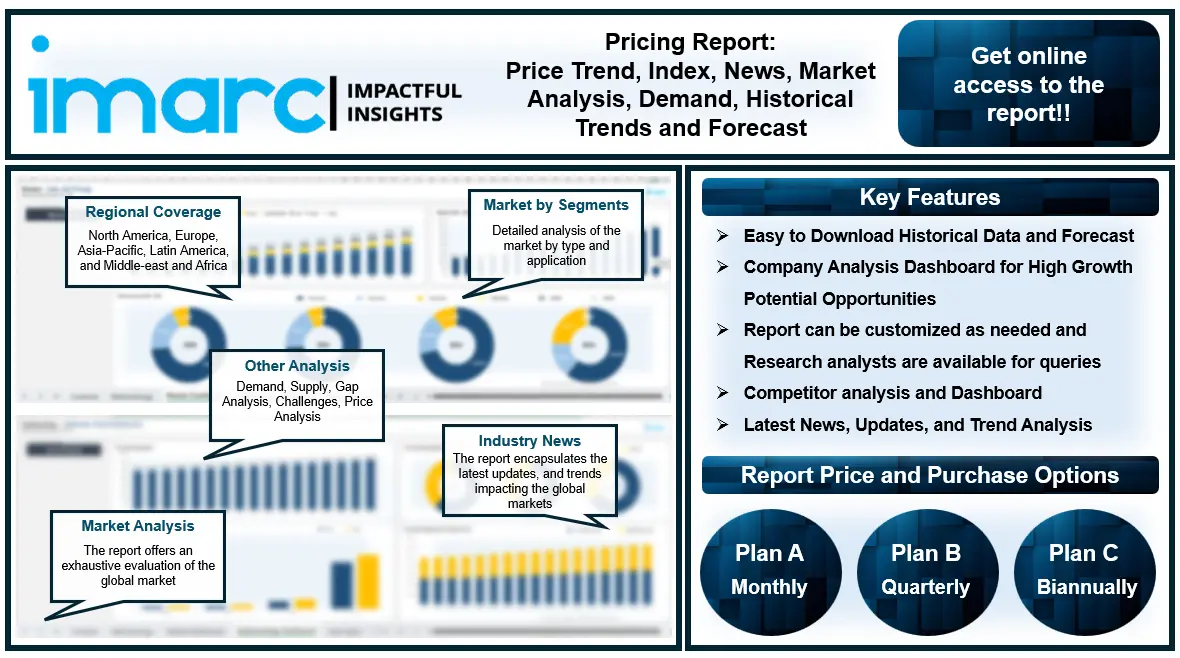Global Epilepsy Drugs Market Analysis
The global epilepsy drugs market is poised for continued growth, with an expected market value of approximately US$ 10.28 billion by 2030, according to a recent report by Renub Research. The market is forecast to expand at a compound annual growth rate (CAGR) of 4.37% between 2024 and 2030. This growth is largely driven by the rising prevalence of epilepsy, innovations in drug formulations, and ongoing advancements in treatment options aimed at improving patient outcomes. The role of epilepsy drugs in managing and controlling seizures remains pivotal, with the continuous development of more effective and personalized treatments offering new hope for individuals living with epilepsy.
Request a free sample copy of the report: https://www.renub.com/epilepsy-drugs-market-p.php
Key Factors Driving Market Growth
Epilepsy is one of the most common neurological disorders globally, with the World Health Organization (WHO) estimating that approximately 50 million people are affected by the condition worldwide. The demand for epilepsy medications is therefore significant, driven by both the large patient population and the evolving therapeutic needs of individuals living with the condition.
Several factors are contributing to the growth of the epilepsy drugs market:
- Advancements in Drug Formulations: The development of extended-release drugs and novel drug delivery methods has improved the effectiveness of treatments. These innovations not only help reduce the frequency of doses but also ensure more stable blood levels, leading to better seizure control and enhanced patient outcomes.
- Personalized Treatment Approaches: With increasing understanding of the different types of seizures and their underlying causes, pharmaceutical companies are developing drugs tailored to specific seizure types and patient profiles. This individualized approach is helping to improve treatment efficacy and patient compliance.
- Growing Research and Development: The introduction of newer classes of antiepileptic drugs (AEDs), such as second-generation and third-generation drugs, offers improved safety profiles and fewer side effects compared to older treatments, driving greater adoption in clinical practice.
- Rising Focus on Epilepsy in Emerging Markets: While North America and Europe dominate the market, the Asia-Pacific region is expected to experience the fastest growth due to the large and growing population, increasing awareness of epilepsy, and greater access to healthcare in these regions.
Market Segmentation
- Drug Categories: Second-Generation AEDs Lead the Market
The global epilepsy drugs market is segmented into First Generation Drugs, Second Generation Drugs, and Third Generation Drugs. Among these, second-generation AEDs hold a significant share due to their superior safety profiles and efficacy. These drugs, such as levetiracetam, lamotrigine, and topiramate, are preferred for their ability to target specific seizure types while minimizing side effects. Second-generation drugs have revolutionized treatment, offering broader applicability and a lower risk of drug interactions, making them a cornerstone of modern epilepsy management.
- Seizure Types: Focal Seizures Dominate the Market
The market is also segmented by seizure types, with focal seizures commanding the largest share. Focal seizures, which affect only one part of the brain, are among the most common seizure types globally. They can present in a variety of forms, from subtle episodes to more severe manifestations, necessitating a broad range of treatment options. As a result, the focus on developing drugs specifically targeting focal seizures has driven much of the growth in this segment.
- Distribution Channels: Drug Stores & Retail Pharmacies Take the Lead
When it comes to distribution channels, drug stores and retail pharmacies account for the largest share of the market. These outlets offer convenient access to epilepsy medications, making them a preferred choice for patients who require routine prescriptions. In addition to providing medications, pharmacists in these settings often play a crucial role in patient education and support, enhancing treatment adherence and overall patient satisfaction.
Regional Insights
North America: Dominates the Global Market
North America, particularly the United States, is expected to maintain a dominant position in the global epilepsy drugs market. The U.S. accounts for a substantial portion of the global market share, driven by a high prevalence of epilepsy, substantial healthcare investments, and robust research and development activities. As of 2022, over 3.4 million Americans are living with epilepsy, with approximately 1 in 10 individuals experiencing a seizure during their lifetime. The availability of over 260 specialized epilepsy centers across the U.S. provides patients with access to state-of-the-art care and treatment options, further supporting market growth.
Asia-Pacific: Fastest Growing Market
The Asia-Pacific region is projected to experience the fastest growth in the epilepsy drugs market. Countries like India, China, and Japan are seeing increasing awareness about epilepsy, alongside improved access to healthcare services. The region’s vast population, coupled with rising healthcare expenditures, is contributing to the growing demand for effective epilepsy treatments. As the prevalence of neurological disorders like epilepsy rises, the Asia-Pacific market is expected to become a key driver of global market expansion.
Competitive Landscape and Key Players
Several major pharmaceutical companies are leading the global epilepsy drugs market. These include:
- Eisai Co., Ltd.
- UCB Inc.
- H. Lundbeck A/S
- GW Pharmaceuticals Plc.
- Abbott Laboratories
- Alkem Laboratories Limited
- Bausch Health Companies Inc.
- GSK plc
- Novartis AG
- Pfizer Inc.
Recent Developments:
- Zydus Lifesciences launched Topiramate extended-release capsules in January 2023, a generic medication for epilepsy treatment in the U.S. market.
- Lupin Pharmaceuticals received approval from the U.S. FDA in March 2022 for its Vigabatrin oral solution (500 mg), an antiepileptic drug used to treat seizures.
These companies are continually investing in R&D to develop more effective, safer, and better-tolerated medications to meet the growing needs of epilepsy patients worldwide. Their efforts are not only aimed at expanding market share but also at addressing unmet medical needs, improving treatment outcomes, and enhancing the quality of life for individuals with epilepsy
Related Report :
About the Company:
Renub Research is a Market Research and Consulting Company. We have more than 15 years of experience especially in international Business-to-Business Researches, Surveys and Consulting. We provide a wide range of business research solutions that helps companies in making better business decisions. We partner with clients in all sectors and regions to identify their highest-value opportunities, address their most critical challenges, and transform their businesses. Our wide clientele comprises major players in Healthcare, Travel and Tourism, Food Beverages, Power Energy, Information Technology, Telecom Internet, Chemical, Logistics Automotive, Consumer Goods Retail, Building, and Construction, Agriculture. Our core team is comprised of experienced people holding graduate, postgraduate, and Ph.D. degrees in Finance, Marketing, Human Resource, Bio-Technology, Medicine, Information Technology, Environmental Science, and many more.
Media Contact:
Company Name: Renub Research
Contact Person: Rajat Gupta, Marketing Manager
Phone No: +91-120-421-9822 (IND) | +1-478-202-3244 (USA)
Email: mailto:rajat@renub.com



